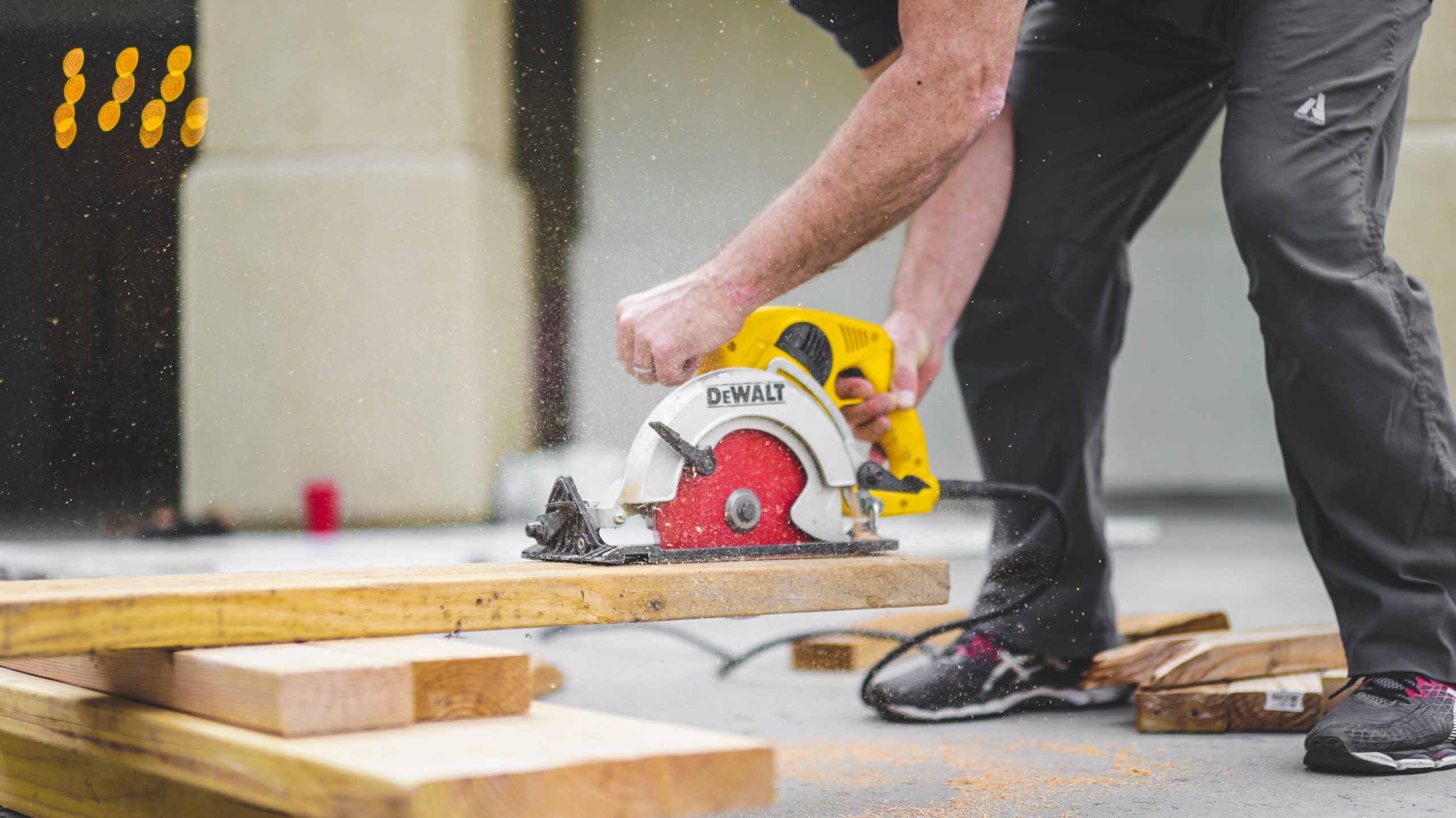It is a widely known fact that any project that involves the use of cranes requires strict safety measures to safeguard the lives of everyone on the job site. Construction firms place special emphasis on finding highly qualified potential employees precisely due to safety concerns.
We understand that before landing a position as a crane operator, candidates need to approve rigorous tests to prove they can utilize these machines adequately and safely, but what else is needed to ensure the correct functioning of cranes?
The crane itself needs periodic maintenance in order to keep it running smoothly, as well as expert inspection and repair in the event of unexpected failures. For this type of job, we have a millwright.
What is a millwright?
A millwright is a skilled tradesperson in charge of repairing, dismantling installing, and maintaining industrial machinery. They can be principally found in power plants, industrial manufacturing, and of course, on construction worksites. As the name indicates, millwrights used to dedicate their lives to the construction of mills, but with the arrival of the 20th century, they adapted to new ways of working with iron and steel, giving birth to a new trade.
To become a millwright, students must go through intense classroom education and training at job sites to gain the necessary skills and expertise they will certainly need when faced with rigorous requirements from employers.
Some of the responsibilities of a millwright are:
- Accurately reading manuals to achieve maximum operational functions
- Problem-solving based on collected information
- Repairing malfunctioning parts
- Testing equipment and implementing adjustments when necessary
- Aligning machine parts
- Moving machinery to different locations
Millwrights and cranes
Given the duties of millwrights, it is not difficult to understand the connection between them and cranes. It takes arduous and professional teamwork to successfully complete projects that involve the use of cranes. Without the work of skilled millwrights, cranes, and other types of heavy machinery, are at risk of underperforming which can lead to hazardous situations.
Additionally, when it comes to cranes, the job of a millwright goes beyond merely keeping them fully operational since this feature directly impacts the time of completion of projects. Failures in cranes have the potential to halt all progress made on the worksite, generating economic losses. In these circumstances, the prompt action of a millwright can get them back to normal functioning, thus recovering a steady workflow and, when possible, cutting expenses.
Find top millwrights right here:
At AME, Inc., we have skilled millwrights with ample experience in the handling of cranes. Contact us today for more information. We are ready to assist you.

